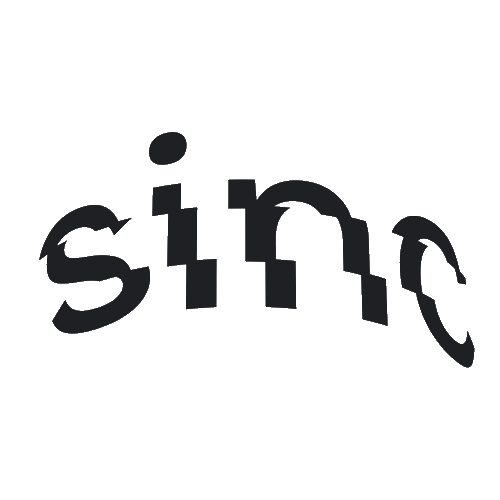Sinc Lab
Transformers

Creating new concepts out of objects
Hatfield’s Air Max 1
The legendary designer Tinker Hatfield based his then controversial design of the Nike Air Max 1 on the architecture of the Centre Pompidou in Paris. By making the inside of the sole visible, he imitated the building's famous inside-out structure. Like the design of the Centre Pompidou, Tinker's first sketches were initially criticised. The Air Max 1 then soon became one of Nike's most iconic designs.
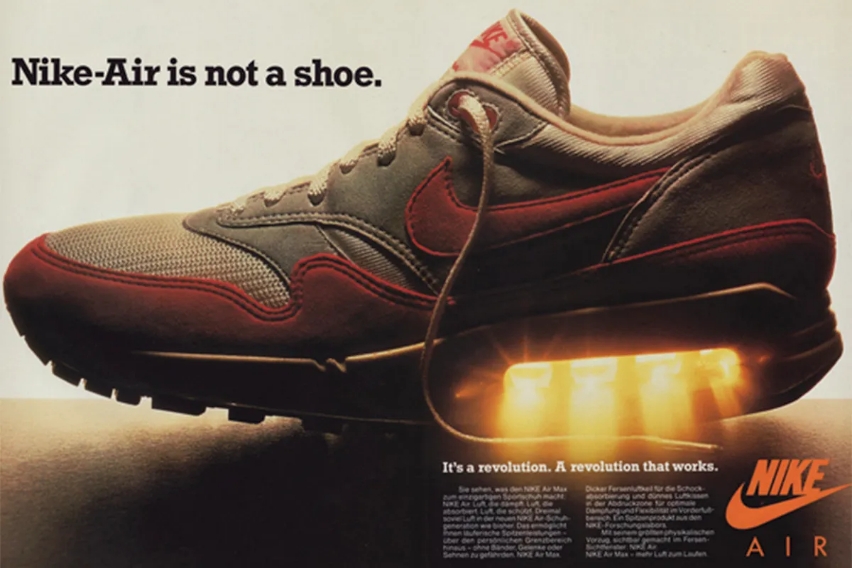
How can we translate the essence of existing objects into new concepts?
Hatfield demonstrated how existing objects can be transformed into new concepts. As an exercise in conceptual thinking, we asked our team to do the same. The challenge was to capture the essence of an object and translate it into a new idea.
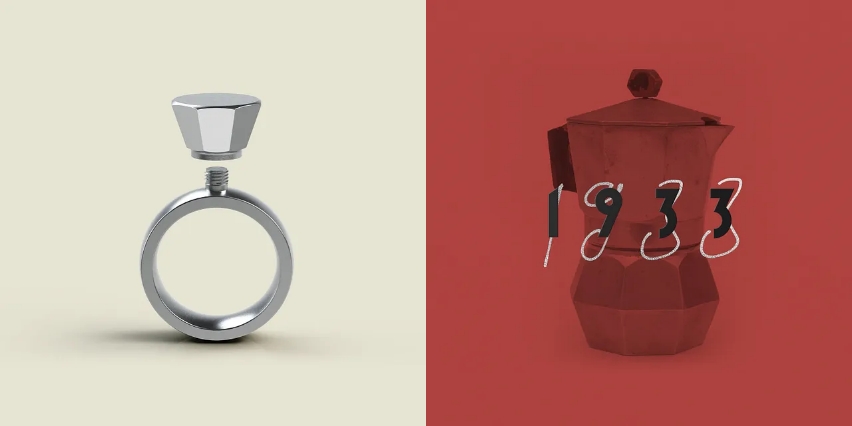
Benjamin took the classic design of Bialetti's Moka Express as his inspiration for a new ring.

Simon saw the Q-park location on Marnixstraat as an ideal event venue for the weekend, as the parking garage is only filled during weekdays.
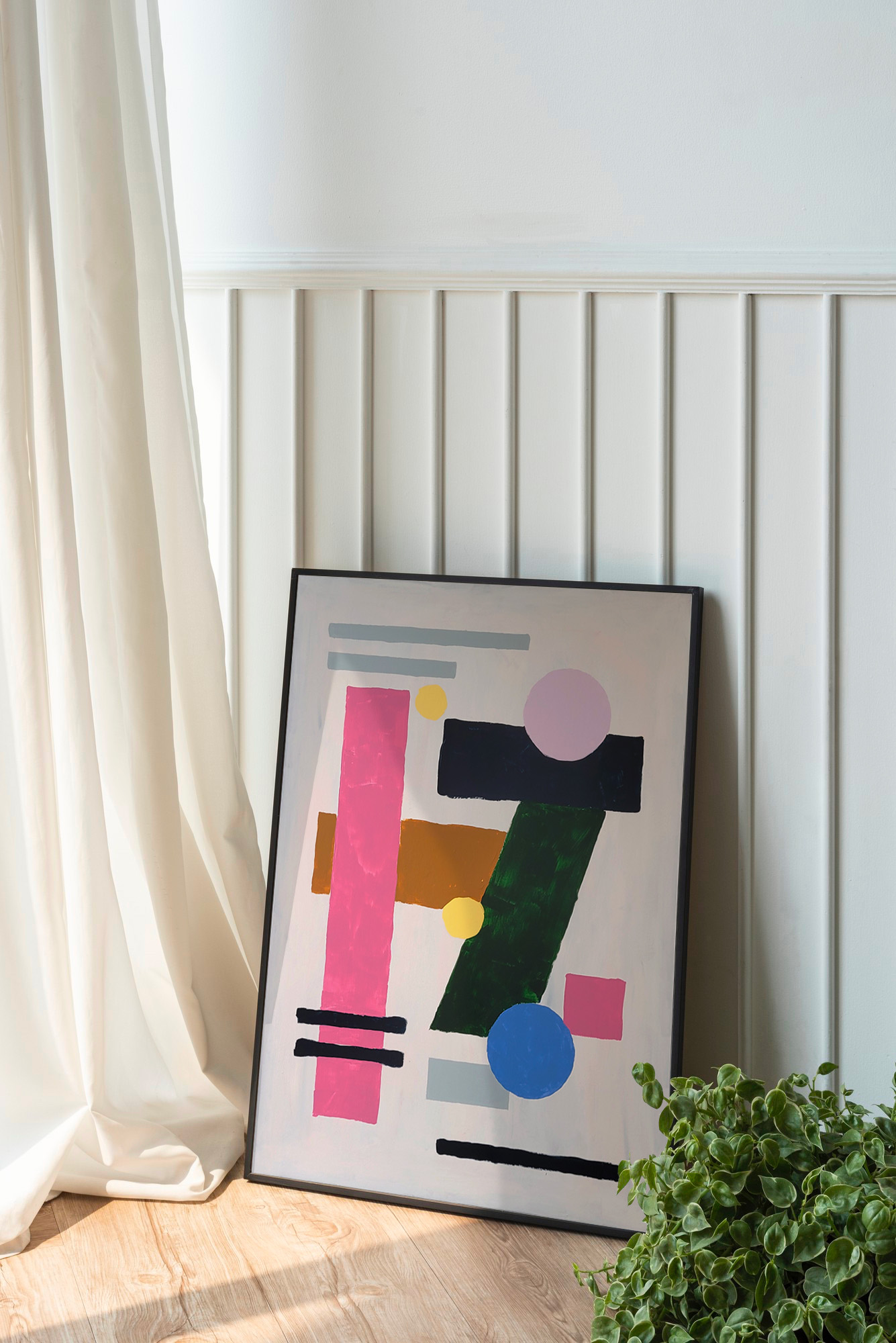
Bobby came up with a paint-by-number-style assignment using the thematic and often ambiguous names of paint swatches. The team had to correctly colour in a canvas, only guided by the names of each swatch.

Fanny didn't take an object, but used a few typically British idioms from Simon, such as "wetter than an otter's pocket", as a basis for various emoji designs.
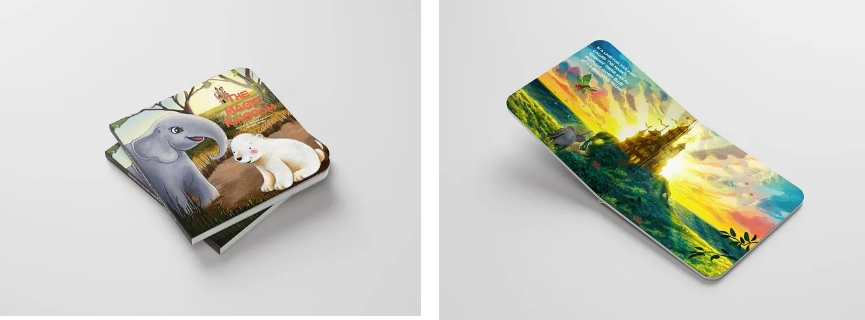
Joel used the 24-word password from his Ledger, a digital crypto wallet, as the basis for a children's book.
Switch on tomorrow
Terms of business
Privacy Policy
© 2023 Sinc Media BV
